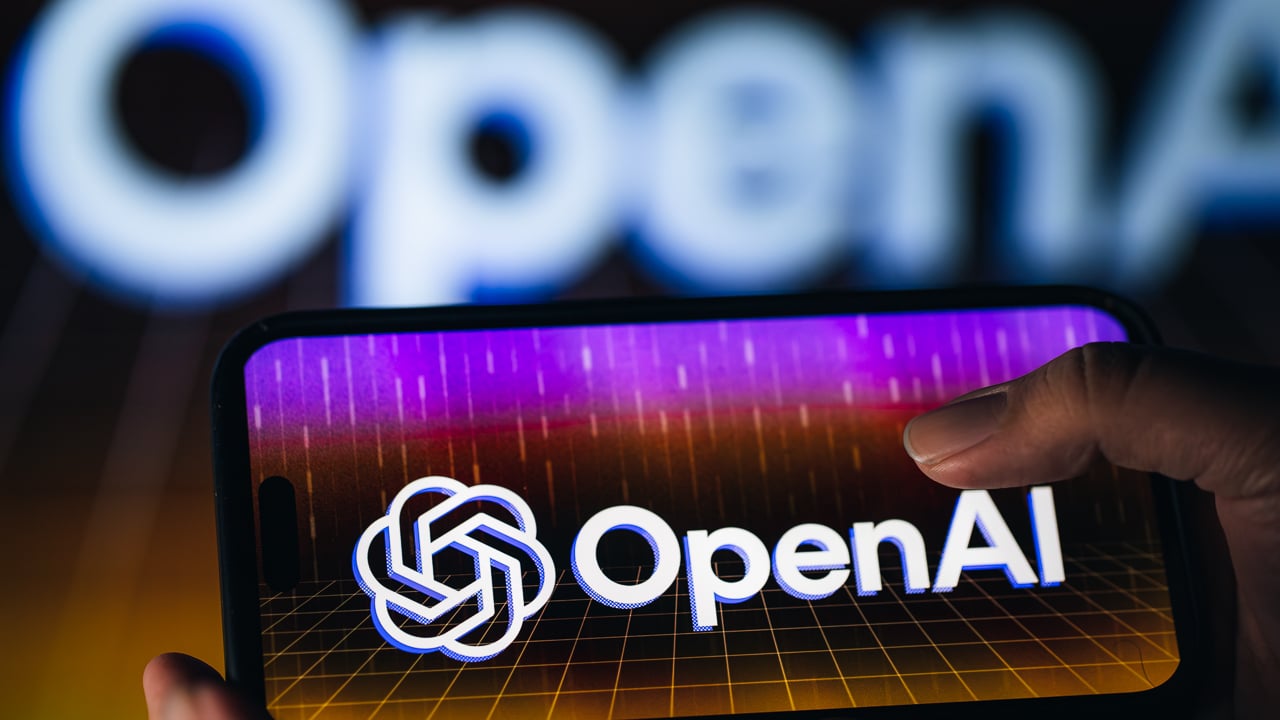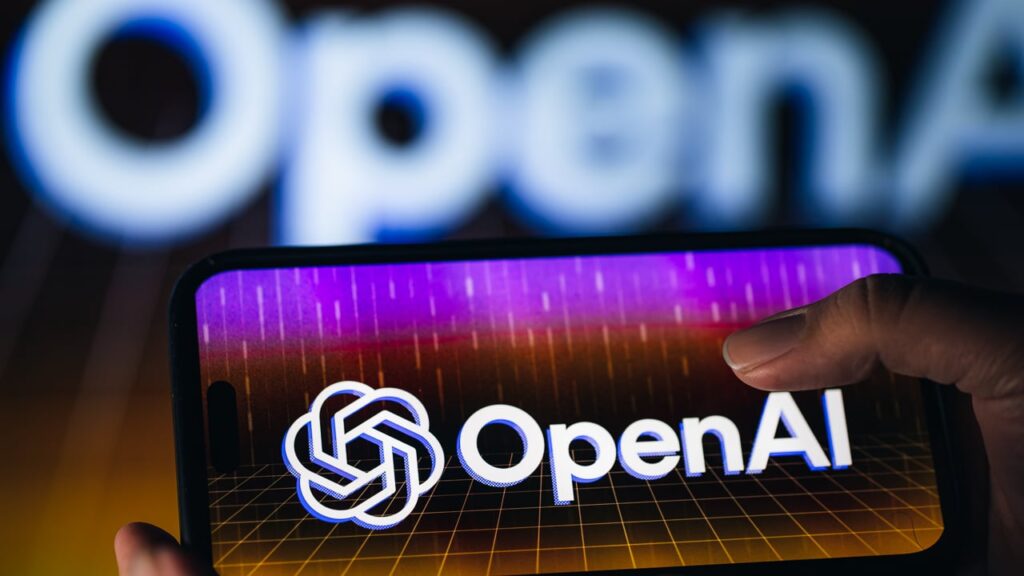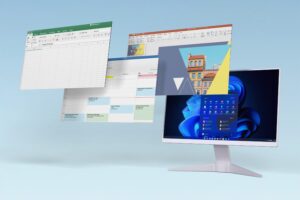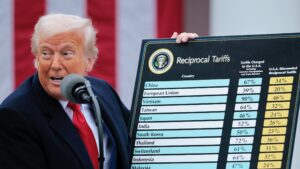
For the first time since GPT-2 dropped over five years ago, OpenAI is releasing not one, but two open-weight AI reasoning models — and they’re available to download for free right now on Hugging Face.
Billed as “state-of-the-art,” the new OpenAI open-weight models were announced Tuesday in a company blog post. OpenAI says they “outperform similarly sized open models on reasoning, excel at tool use, and are optimized for efficient deployment on consumer hardware.”
This Tweet is currently unavailable. It might be loading or has been removed.
There are two versions:
-
gpt-oss-120b, the larger and more powerful model, which can run on a single Nvidia GPU.
-
gpt-oss-20b, a lightweight alternative designed to run on consumer laptops with just 16GB of RAM.
To try out the new OpenAI models for yourself, head to the OpenAI gpt-oss page.
What does open-weight mean?
This release is a nod to OpenAI’s early roots, when the company was more publicly committed to open-sourcing its models (hence the company’s name). While these aren’t “fully open source” in the strictest sense — the training data isn’t included — they are open weight, meaning the code and model parameters are available for anyone to use, tweak, and build upon.
And no, models like Meta’s LLaMA aren’t truly open source either — at least not by the standards of the open-source community, which requires access to training data as a baseline.
Since the release of GPT-2, OpenAI has steadily shifted toward a more closed and proprietary approach to its LLM development — until now. The recent release of open-weight models marks a notable change in direction, and it’s not happening in a vacuum.
With China’s DeepSeek AI and other labs in the country gaining traction and achieving impressive scores on benchmark tests, the pressure has been mounting for US tech companies to stay competitive in the global AI race. In fact, just last month, the Trump administration urged American AI developers to open source more of their technology in an effort to promote innovation aligned with “American values” and maintain a strategic edge.
Regardless of the motivations behind it, this move represents a significant step forward, not just for OpenAI but for the broader open AI ecosystem.
Disclosure: Ziff Davis, Mashable’s parent company, in April filed a lawsuit against OpenAI, alleging it infringed Ziff Davis copyrights in training and operating its AI systems.







